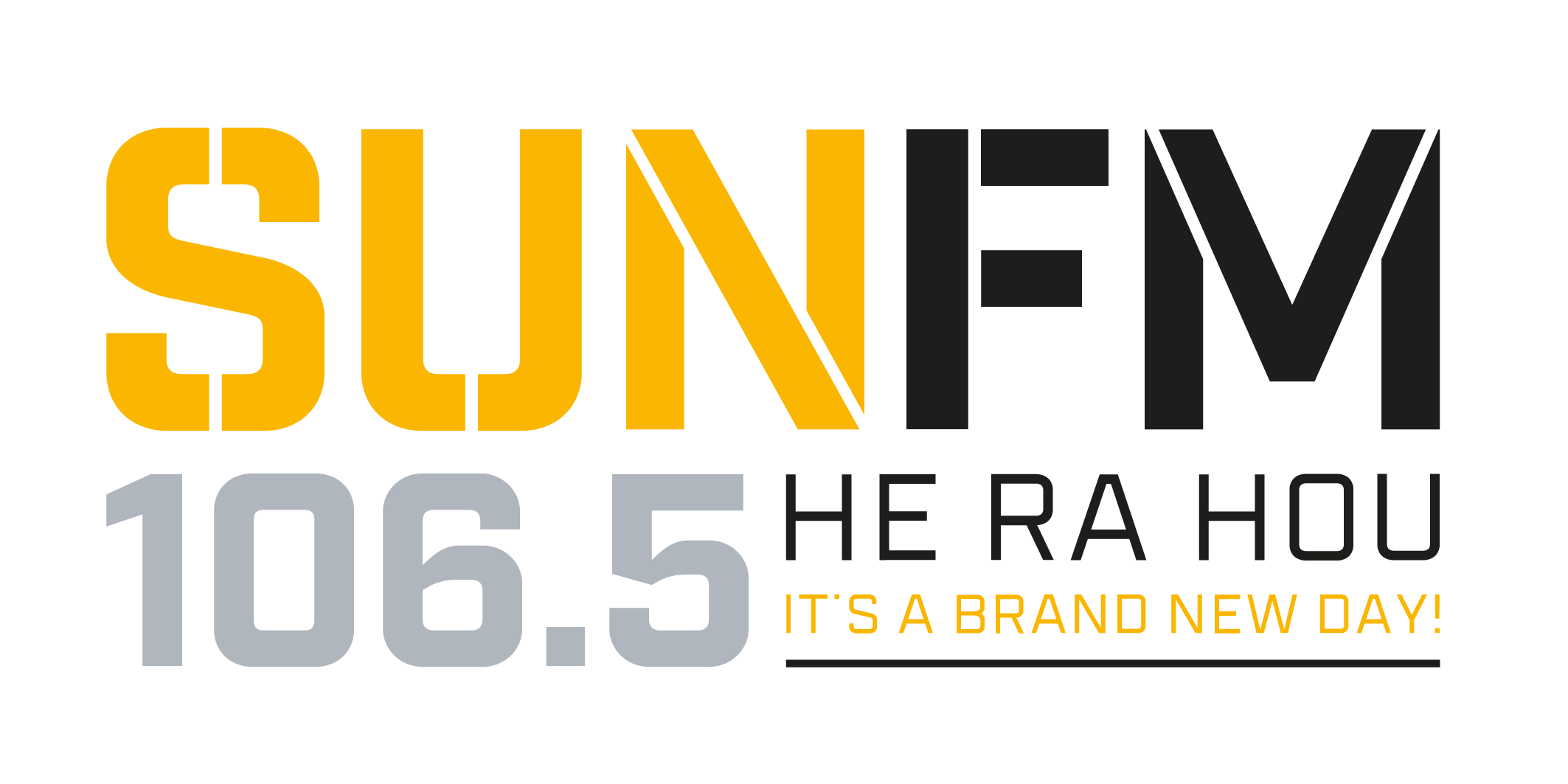Water restriction status signs are being erected at key locations in Whakatāne and Ōhope to highlight the need to conserve water until the current period of dry weather ends.
The prolonged hot, dry weather has resulted in Whakatane using a lot more water than usual. While we’re not running out of water, our current water use means sometimes water is emptying from our reservoirs faster than our pumps can refill them, says Tomasz Krawczyk, Whakatāne District Council Manager: Three Waters.
In recent years, voluntary water use reductions have helped ensure that reservoir storage for the Whakatāne and Ōhope water supply schemes is maintained at a safe level, allowing formal restrictions on hose and sprinkler use to be avoided.
“The current dry conditions are steadily reducing the Whakatāne River flow and if there is no significant rainfall in the next week or so, we’ll reach a point where salt water intrusion will begin to restrict our intake from the Whakatāne River around high tides,” he explains.
“While we can address this to a degree, any voluntary conservation measures the community implements now will help us keep pace with demand and maintain reservoir storage at a level that can cope with emergency situations, such as firefighting requirements or major pipe failures,” Tomasz says.
The Council has put in place a three-stage restriction process, beginning with a call for voluntary reductions in water use. If needed, stage two would see the current blue ‘conserve water now’ signs replaced by orange signs, indicating that hoses and sprinklers can only be used on alternate days, between 6 am – 8 am and 6 pm – 8 pm. The third stage, marked by a red water restriction status sign, would see a total ban introduced on all hose and sprinkler use.
“We hope that restrictions can be avoided, but that’s largely dependent on the ability of households and businesses to voluntarily reduce their water use,” Mr Krawczyk says.
Although the salinity intrusion affects only Whakatāne and Ōhope water supply, users of other water supply systems across the District are also asked to conserve water as those systems are currently working at their top capacity.
Some simple conservation tips include:
- Bucket-wash cars or boats, if possible
- Don’t refill or top-up swimming pools
- If you know you have leaking taps, fix them now
- If you see a leaking water line, report it to the Council as soon as possible
- Flush toilets sparingly
- Avoid using your bath and cut your shower time down as much as possible
- While waiting for hot water to flow through to showers or taps, catch the unused water in a bucket for use in washing machines or for other purposes.




